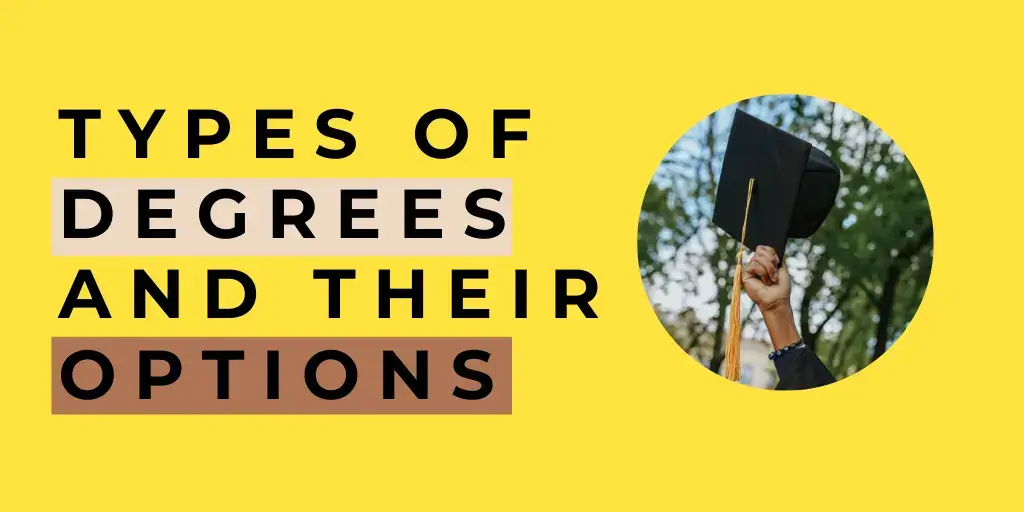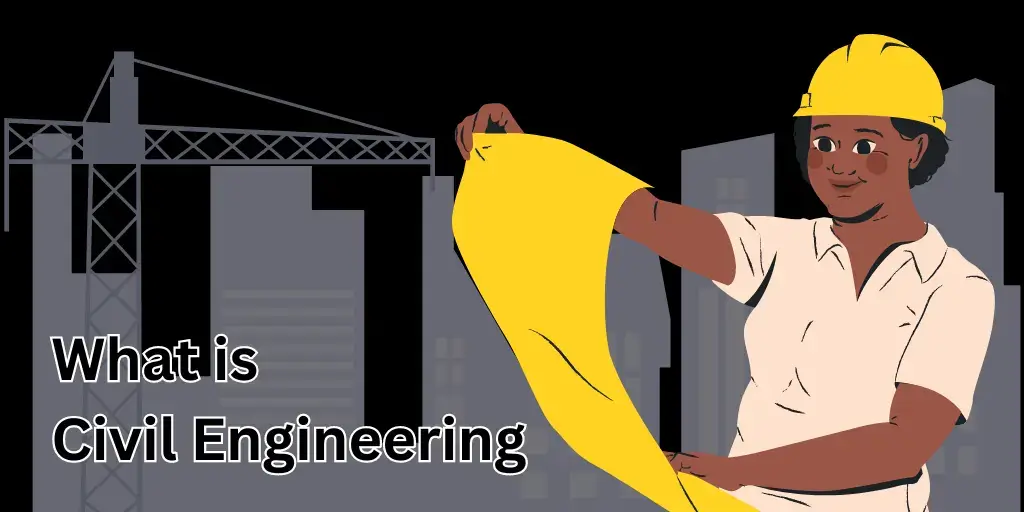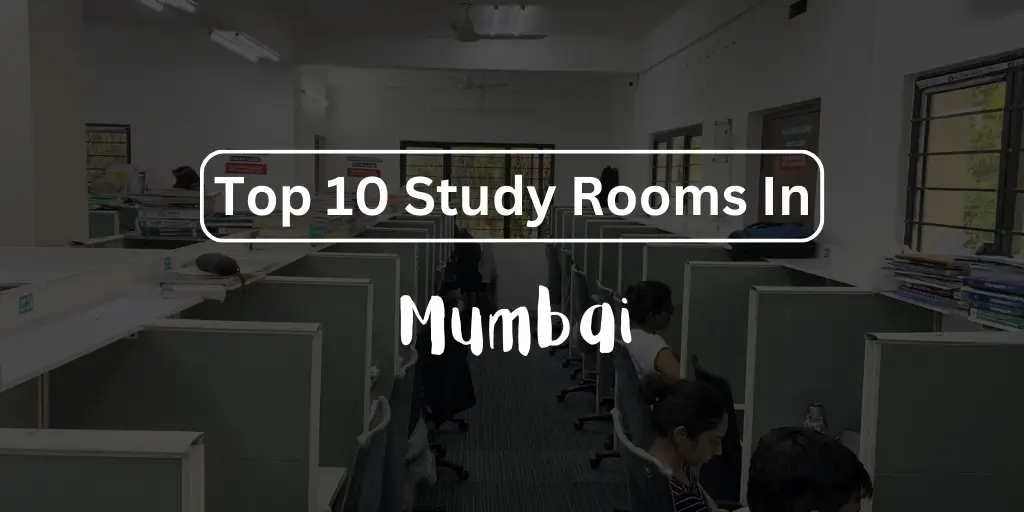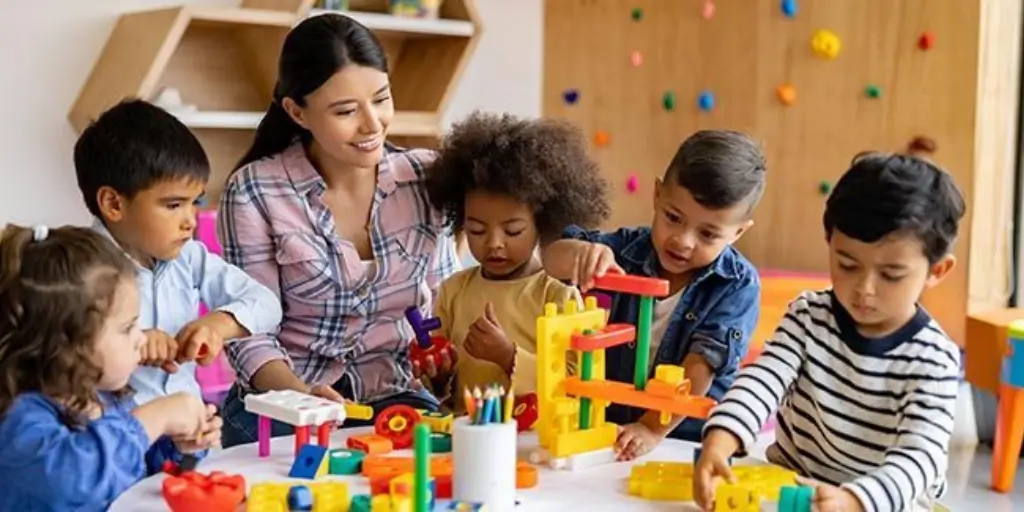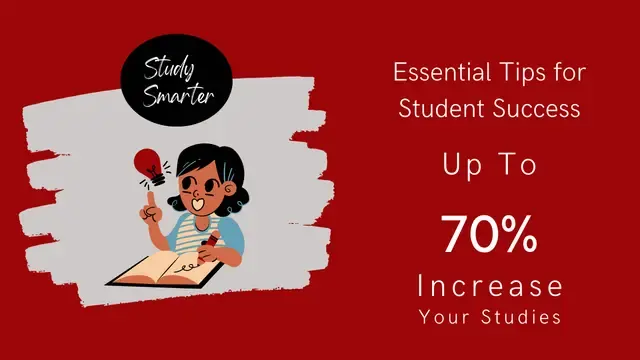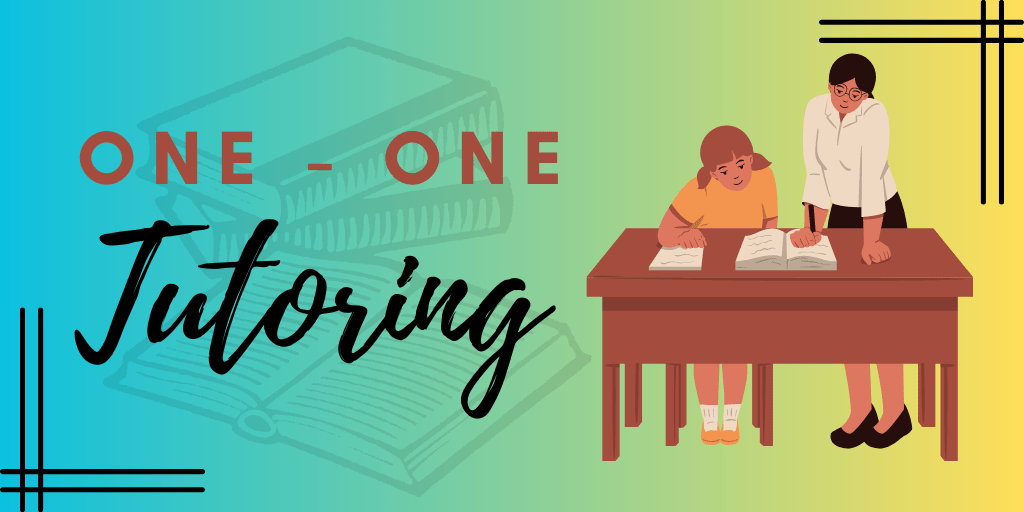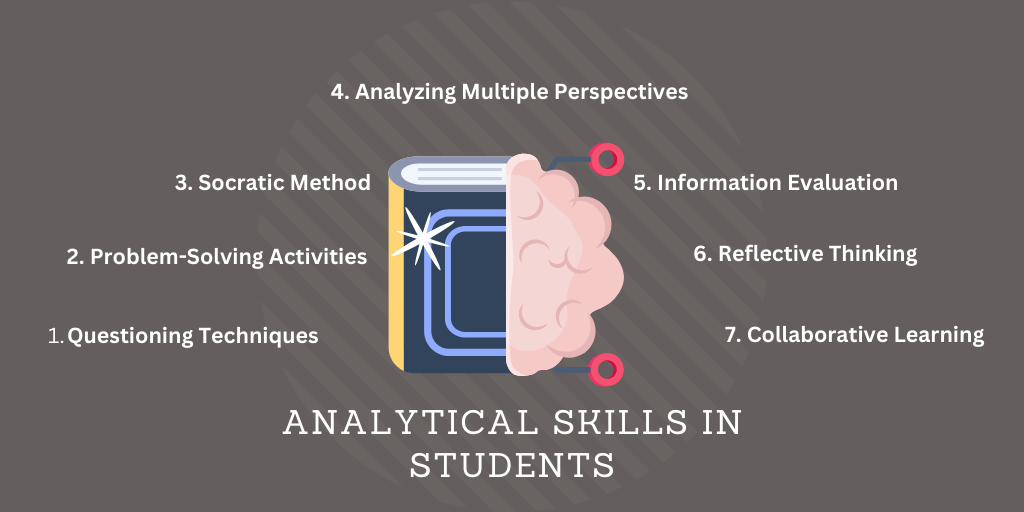
Cultivating Critical Thinking: Strategies to Encourage Analytical Skills in Students
In an ever-evolving world where information is readily available, possessing strong critical thinking skills is essential.
Critical thinking enables individuals to analyze, evaluate, and interpret information effectively, making informed decisions and solving complex problems. As educators, it is our responsibility to foster these skills in our students. In this blog post, we will explore strategies to cultivate critical thinking and encourage the development of analytical skills among students, empowering them to become independent and critical learners.
1. Questioning Techniques:
Encouraging students to ask questions is the foundation of critical thinking. Teach them to challenge assumptions, seek clarity, and explore different perspectives. Incorporate open-ended questions into discussions and assignments to stimulate deeper thinking. Foster an environment where students feel comfortable expressing their thoughts and where curiosity is nurtured.
2. Problem-Solving Activities:
Present real-world scenarios or complex challenges and encourage students to analyze the situation, consider potential solutions, and evaluate the pros and cons of each. This process promotes analytical thinking, decision-making, and creativity, as students learn to approach problems from multiple angles.
3. Socratic Method:
The Socratic method involves posing thought-provoking questions and engaging students in dialogue to stimulate critical thinking. Rather than providing answers, guide students through a series of questions that prompt them to reflect, analyze, and justify their opinions. This method encourages active learning, logical reasoning, and the development of strong argumentation skills.
4. Information Evaluation:
In the digital age, students are bombarded with vast amounts of information. Teach them how to evaluate sources critically, distinguishing between reliable and biased information. Emphasize the importance of verifying facts, checking for credible references, and recognizing potential biases or misinformation. Encourage students to consider the credibility, relevance, and accuracy of information before forming opinions or making conclusions.
5. Analyzing Multiple Perspectives:
Expose students to diverse perspectives on various topics. Encourage them to explore different viewpoints and evaluate arguments from different angles. Engage in debates or classroom discussions where students can respectfully challenge each other's ideas. This practice broadens their understanding, fosters empathy, and encourages critical analysis of multiple viewpoints.
6. Reflective Thinking:
Allocate time for reflective thinking exercises. Provide prompts or journaling activities that encourage students to reflect on their learning experiences, identify strengths and weaknesses in their thinking process, and analyze their decision-making. Reflective thinking promotes metacognition, enabling students to become aware of their own thinking patterns and improve their critical thinking skills over time.
7. Collaborative Learning:
Collaborative learning environments foster critical thinking by encouraging students to work together, share ideas, and challenge each other's thinking. Group projects, debates, and problem-solving tasks promote active engagement and expose students to diverse perspectives. Collaborative learning enhances analytical skills, communication, and the ability to think critically as a team.
Conclusion:
Cultivating critical thinking skills is essential for students to succeed academically and thrive in the modern world. By incorporating questioning techniques, problem-solving activities, the Socratic method, information evaluation, analyzing multiple perspectives, reflective thinking, and collaborative learning, educators can create an environment that nurtures analytical skills. Empowering students to think critically equips them with the tools necessary to navigate complex challenges, make informed decisions, and become lifelong learners who actively contribute to society's progress.
Last update: 2023-07-07 07:55:04
 Clenta
Clenta

